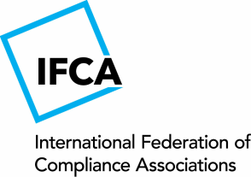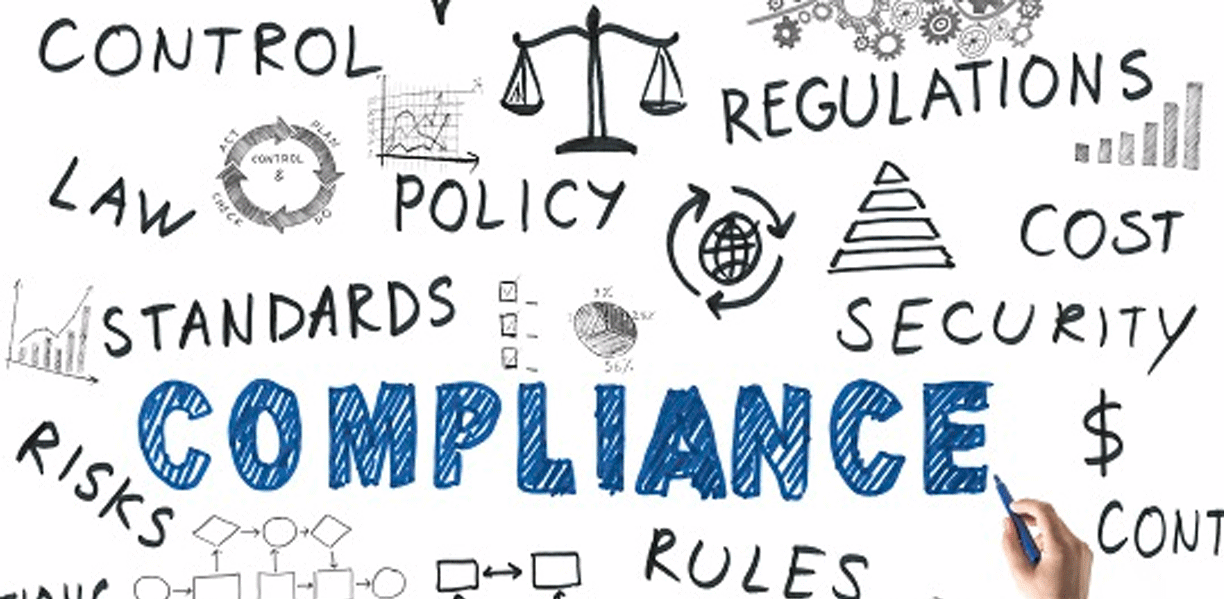Compliance as a professionThe International Federation of Compliance Associations supports and provides for a minimum level of training and education for compliance professionals to competently undertake their roles.
We believe in the integral value of compliance frameworks to the operation of organisations and the execution of their strategic outcomes. Our member organisations and their members are committed to the profession of compliance and excellence in the work they do for their organisations. As an international organisation we share our experience and insights and work to maintain rigour in the profession to continually improve the work of the profession. |
White Paper on the Compliance Function -
|
INTRODUCTION:
The increase in the volume, complexity and variability of the compliance obligations that affect organisations has intensified in recent years such that having structures to facilitate compliance and staff qualified to run them is no longer an exclusive priority of major corporations. Phenomena like the globalisation of the economy and the need to transcend legal obligations to assume the ethical commitments society demands have contributed to the increase in Compliance requirements, accelerating the evolution in the maturity curve of a function that is perceived as a key factor of good corporate governance. Both regulatory bodies and public authorities in an increasing number of countries are becoming aware of this new context and references to Compliancemodels or programmes are increasingly encountered in regulations of varied range and scope. Parallel to and in the face of this reality, over the last few years international standards have been drawn up on Compliancemanagement systems that incorporate best practice in terms of directives and specifications, which is very useful for their design and evaluation. Obviously, one of their basic pillars is their governance, based on a Compliance function oriented towards the prevention, detection and response to compliance- derived risks. Considering the potential magnitude of activities that can be assumed by the function, constricting them to an individual body is avoided, widening the scope to collegiate structures that foster the combining of diverse but synergistic knowledge, capable of improving their efficacy. The objective of the White Paper is to identify the basic aspects that define the Compliance function and to outline the powers of those responsible for it, setting out the key issues included in internationally recognised Compliance standards. This document aims to help those professionals included in this function to determine the scope of their basic tasks and, thereby, the performances that legal, economic and social actors can expect of them. Logically, their provisions must always be interpreted under the corresponding legal context and proportionally to each case, so that they are aligned with both the internal and external circumstances of each organisation. Under these premises, the White Paper avoids lack of clarification that makes it difficult to achieve a clear understanding of the Compliance function and the role of those responsible for it in any context, structuring its content in a simple way to make it easy to understand. I am convinced that this document will help properly outline a function that is called on to perform a key role in the development of business activities in the 21st century. Download the paper here. |
White Paper - Whistleblower Protection in the Swiss Private Sector
|
EXECUTIVE SUMMARY
In this White Paper, Ethics and Compliance Switzerland (ECS) analyses the current legislative project on whistleblower protection in the Swiss private sector. The focus of the White Paper is on the legislative proposal’s divergences from international standards and best practice principles as established by the Council of Europe, the International Chamber of Commerce, the International Standardization Organization ISO, the OECD, Transparency International and the United Nations. ECS found that there are several topics in the legislative proposal that do not comply with international standards and best practice principles. Some of these gaps can pose a challenge, including for internationally-active Swiss companies.ECS therefore recommends to address the following issues and to amend the legislation proposal as follows:
Also available: Guideline: Key Success Factors for Implementing an Internal Speak-Up Procedure: download here. |

